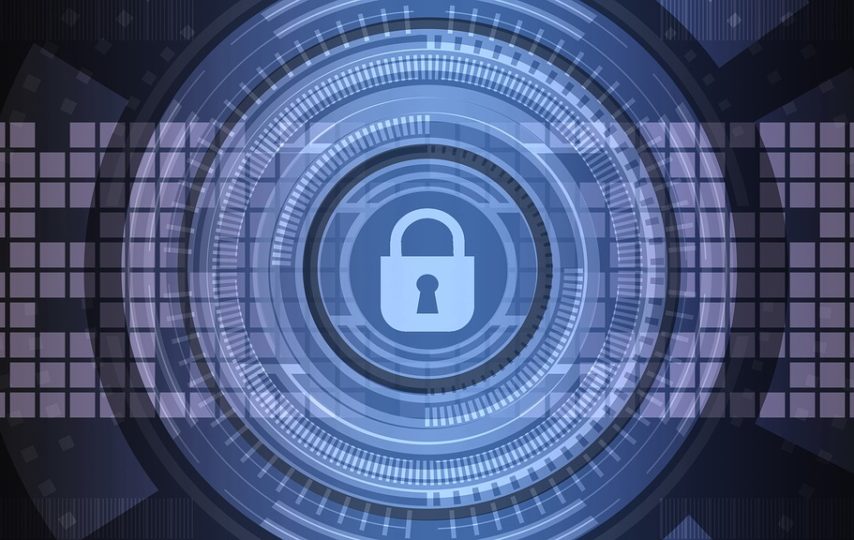A home network is a type of computer network where we can establish communication among devices that are present within the close vicinity of the home. One always needs to make sure that their network is stable and secure, one can do that if they have 192.168.100.1 IP access. Having a home network provides us with many useful services. Some of them are:-
- Internet connection.
- File sharing.
- Printer sharing.
- Entertainment.
Above mentioned are some of the services provided by the home network, and they are many more too. Besides rendering many useful functions, a home network is straightforward to set up. So anyone can have their system.
But most of the reason why people are setting up a home network is for a good internet connection, which is a mandatory thing nowadays. This also helps one to create a workspace for their professional chores without compromising in a network connection.
Coming to establishing a network connection, many people do think that it is always safe and secure, or security issues can occur only in networks where more end devices are present. But it’s just a myth. We can’t be sure of having a secure home network.
There can be many interruptions in our system if we don’t handle it right. Our negligence in managing a home network can lead to its misuse, and we may have to face some security issues through the internet and from the external users of the same system too. So, we have to follow some tips to make our home network safe. The tips are:-
1. Set Up A Firewall
Many people don’t have the right amount of knowledge about firewalls and how they help us to secure our networks. The word ‘firewall’ is not as complicated as it sounds. One can find a firewall option in their system itself. Of course, the process of checking for a firewall option may vary from one OS to another; the function of a firewall is the same everywhere.
So while working in a network, you will have to make sure that the firewall option is ‘ON.’ So, by making the firewall enabled, you are halfway there in protecting your network. And never forget to disable the visibility of your folders so that the other users in the same network cannot have access to your essential data, and there can’t be any information theft of your sensitive data.
2. Install Any Security Software
It is always a good idea to have security software installed on your device. There are many security software like k7, Kaspersky, Norton, quick heal security, and many more. All these help us to detect any risks and thereby solves security issues.
3. Back Up Data
Always make sure that the information you store in your device is backed up to a trusted and safe storage device or application. Because a system crash or any impossible situations may occur, and that may lead to complete loss of information. So, never rely entirely on only a single device to store your full information.
Sometimes the lost data can be used by security criminals, and you may fall as a prey for them and will be asked for ransomware too. So always backup your data to any cloud storage or any trusted storage applications. You can find storage spaces in some of the security software also.
4. Say ‘NO’ To Strange Links
Nowadays, many crimes like information theft, money theft are done by sending links to emails. So, make sure that you don’t click on any links until or unless they are from trusted websites. Check whether the site you are using for online payments has ‘https: /’ or not. This ensures that we have a secure connection to a particular site.
Never get into any links from unknown sources. No matter how familiar the organization from which you get the link looks, always search for its trusted website, and find accurate information about it. Before downloading any software, be sure that no other unasked files are getting downloaded because those files may contain malicious code or software, which may lead to sensitive data theft.
5. Stay Away From ‘TOO GOOD’ Offers
Have you ever heard of an I – phone with a cost of just 30,000 rupees? Yes, all of us might have seen this price in advertisements or links that we get to our email. We usually get these emails describing that they give more than 90% discount, or they are hosting a program as ‘Give-Away.’
All of these are fake. But many people believe in these offers and end up losing a lot of money with no products in their hands for which they are promised. So beware of strange and too good to believe offers.
6. Set Strong Passwords
Setting a password is a mandatory thing for securing our online accounts or our network. Coming to the home network, always keep changing your Wi-Fi password and admin credentials on your personal computer/laptop. So that the other users of your system cannot cause any harm to your data, or no loss of information occurs. And on the other hand, we have to be careful about the internet related passwords too.
Make sure that you don’t give the same passwords, your name, or your pet name solely for all the websites. Especially for any bank or any shopping websites, never set the same or secure passwords, which can be easily guessed.
So, these are some of the natural and essential tips to establish protection for your home network.





